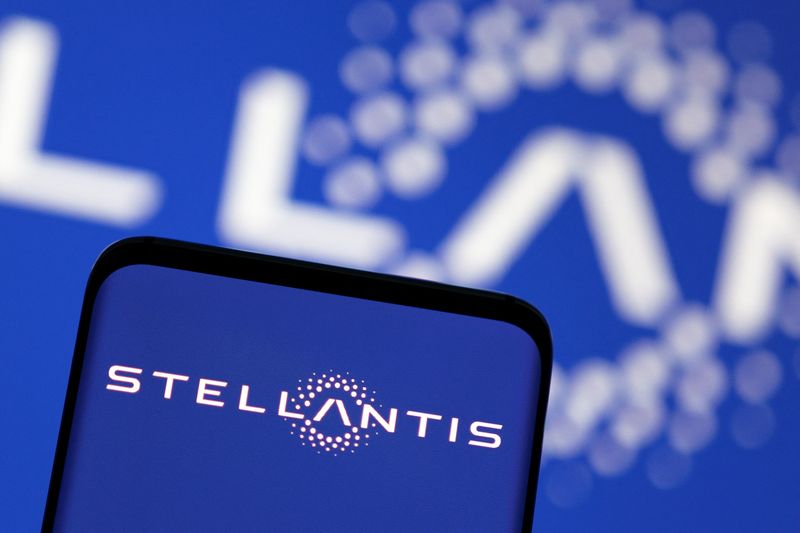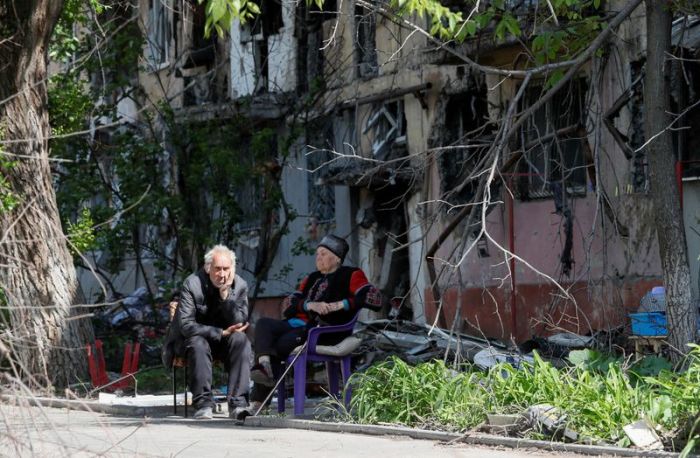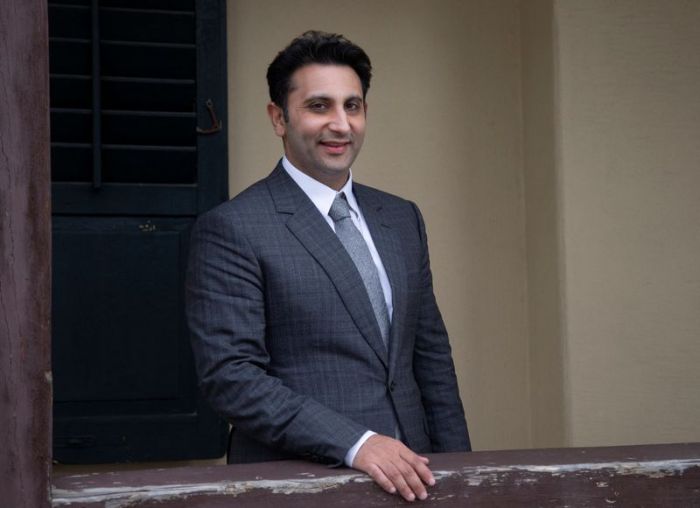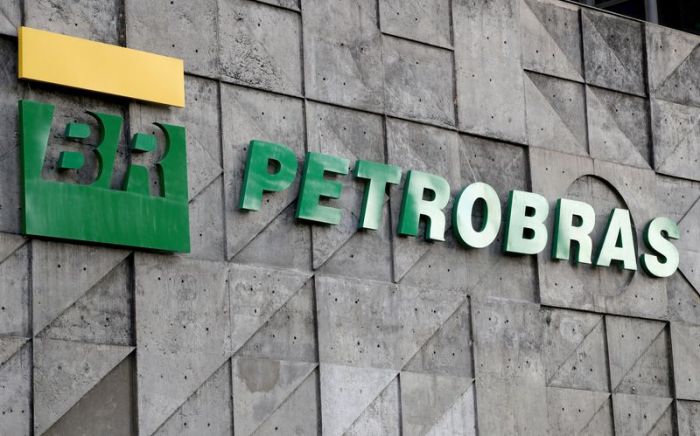(Reuters) -Stellantis NV and Samsung SDI plan to announce on Tuesday they will build a new battery plant in Indiana as the Chrysler-parent ramps up electric vehicle production plans, sources briefed on the matter told Reuters.
The companies they were signing a memorandum of understanding to form a joint venture for lithium ion battery production in North America and said the plant was targeted to start in 2025 and aimed to have an initial annual production capacity of 23 gigawatt hours, with the ability to increase to up to 40 gigawatt hours in the future.
The companies did not immediately comment Monday, but Stellantis said it would provide an update on the future of its Kokomo operations on Tuesday that would include its North American chief operating officer Mark Stewart and Indiana Governor Eric Holcomb.
The JV battery plant is expected to be built near Stellantis engine, casting and transmission plants in Kokomo, Indiana, the sources said, declining to be named because the announcement is not yet public.
In October, Stellantis said it would invest $229 million in its three Kokomo plants to produce electrified, eight-speed transmissions.
In March, Stellantis and LG Energy Solution said they would invest $4.1 billion for a joint venture lithium-ion battery production plant in Canada that will have an annual production capacity in excess of 45 gigawatt hours. The companies plan to begin operations in 2024.
President Joe Biden at a visit to Samsung Electronics Pyeongtaek campus in South Korea on Friday highlighted the planned investment, saying “Samsung will also be working with Stellantis on a joint venture to build a new facility in the United States that will manufacture batteries for electric vehicles.”
He urged the companies to “enter into partnerships” with “American union members” and said JVs “that manufacture electric vehicle batteries would be made stronger by collective bargaining relationships with America unions.”
Biden backed legislation last year that would give union-assembled U.S.-built electric vehicles an additional $4,500 tax credit but that stalled in Congress.
(Reporting by David Shepardson; Editing by Bernard Orr)

























